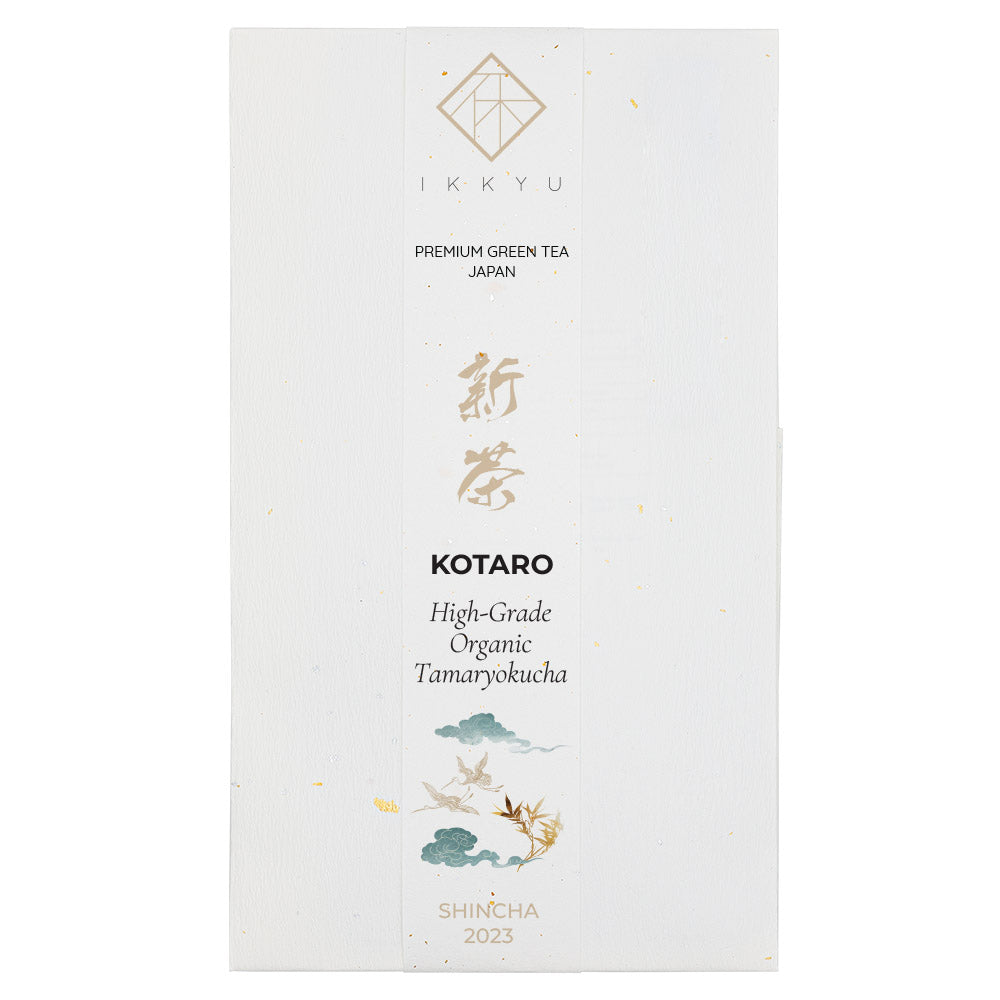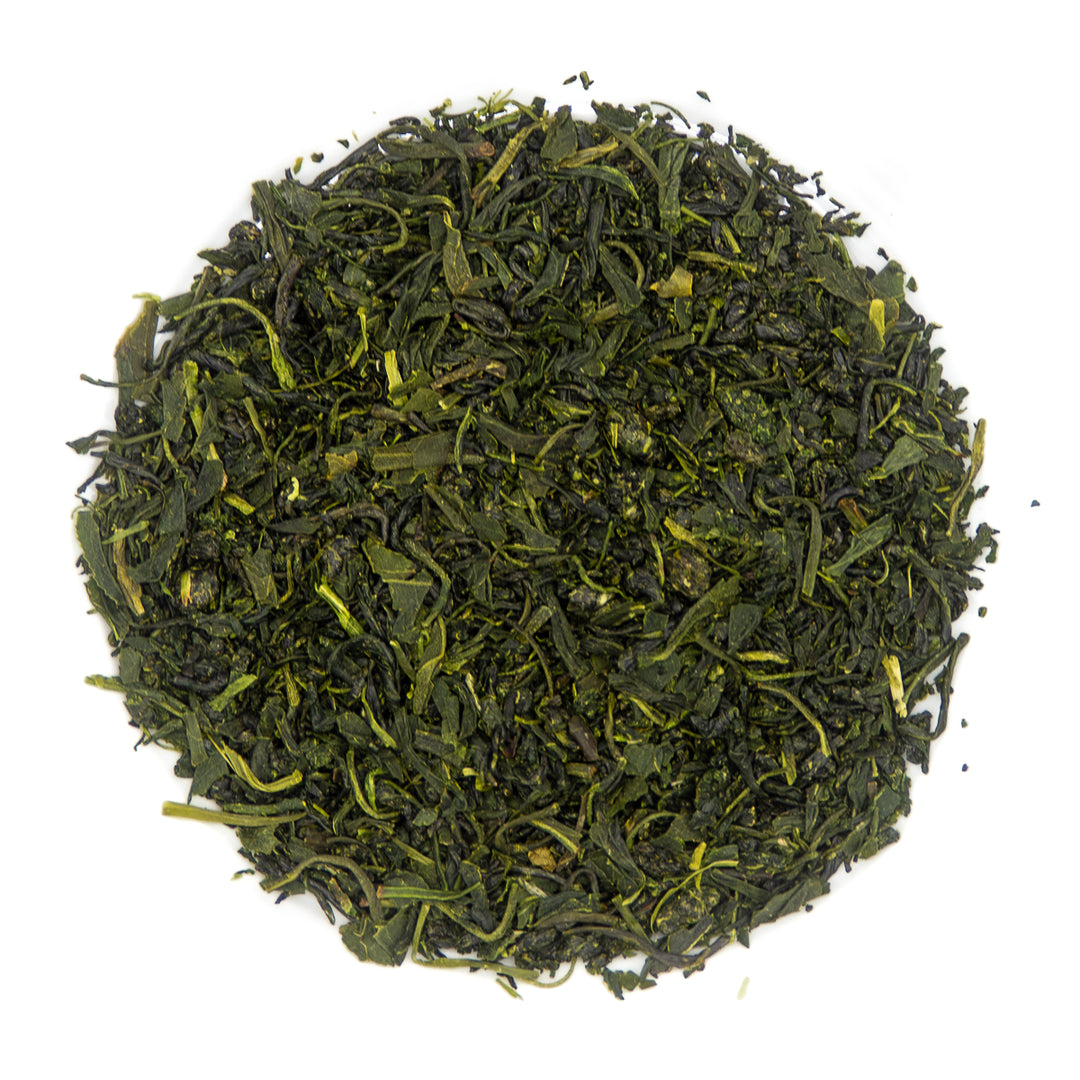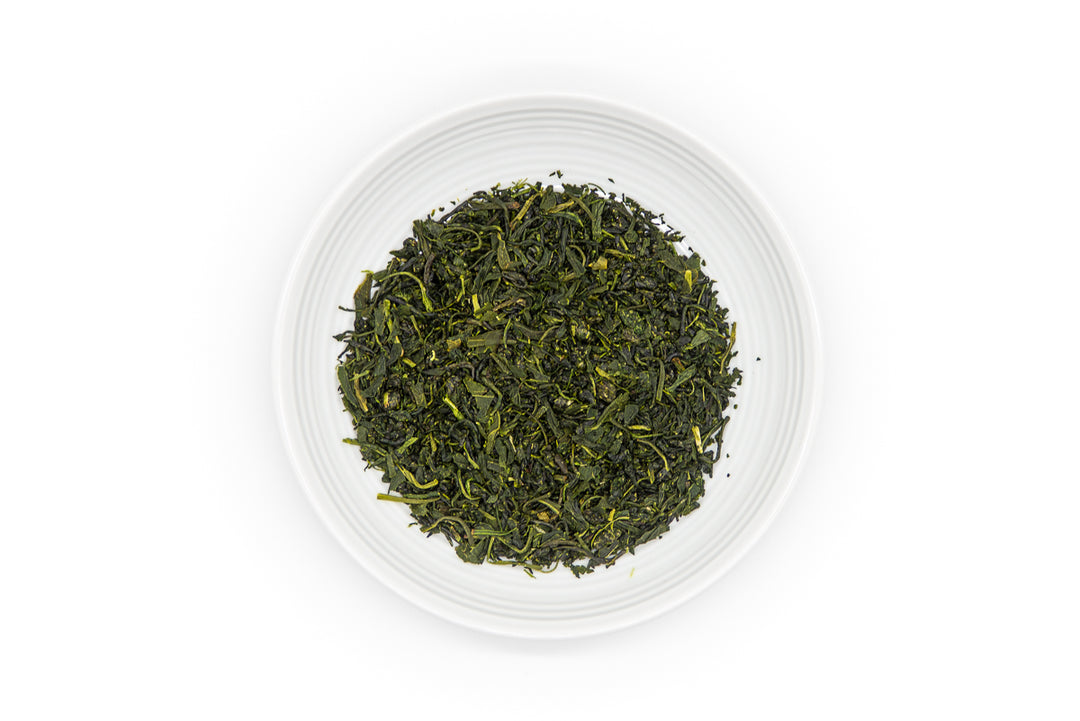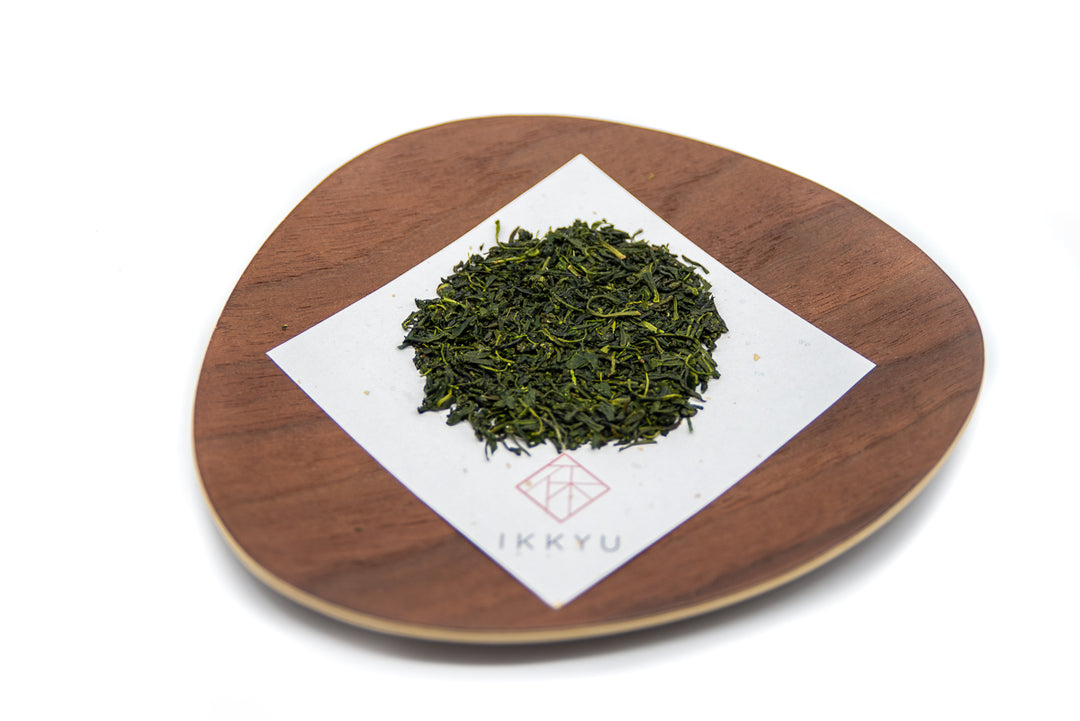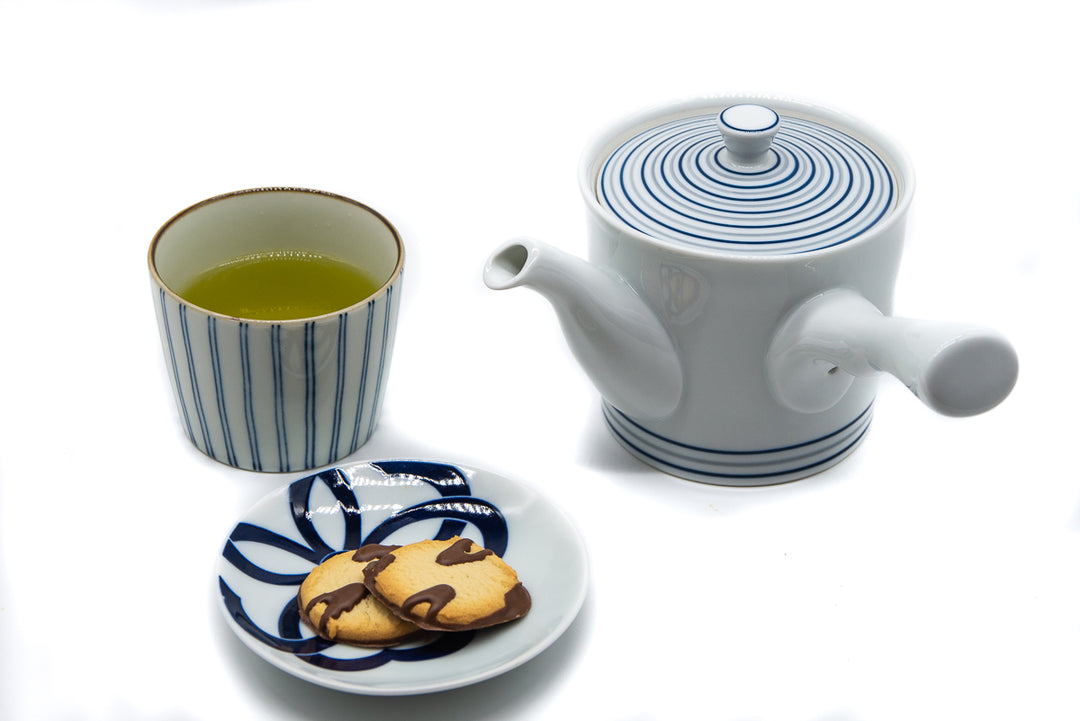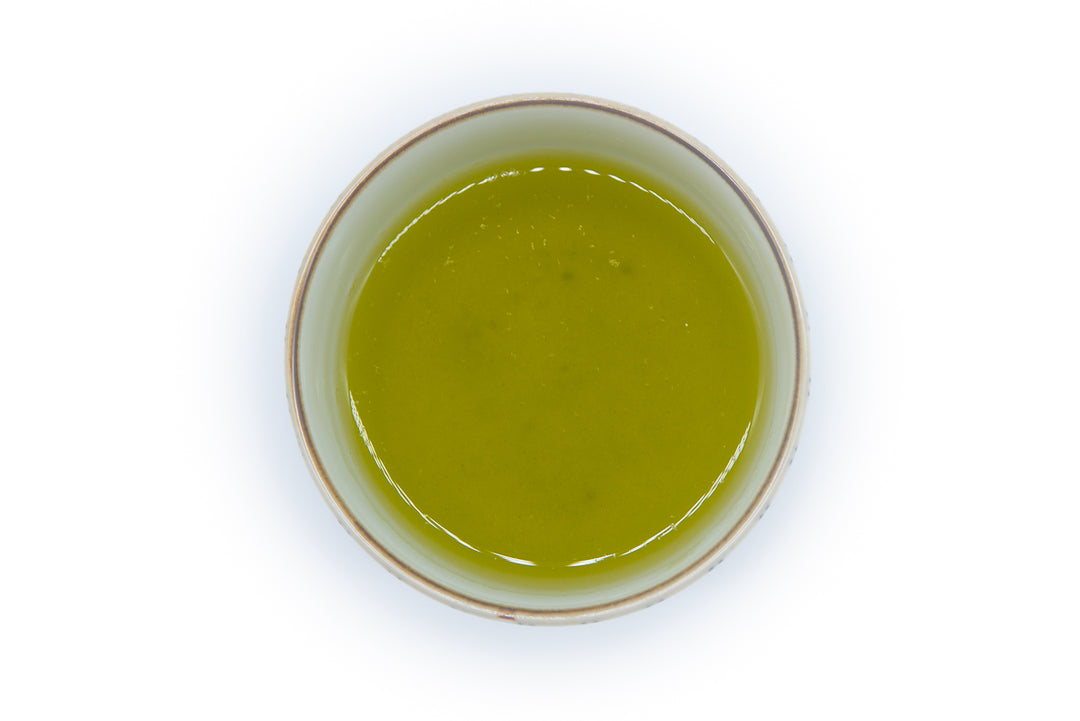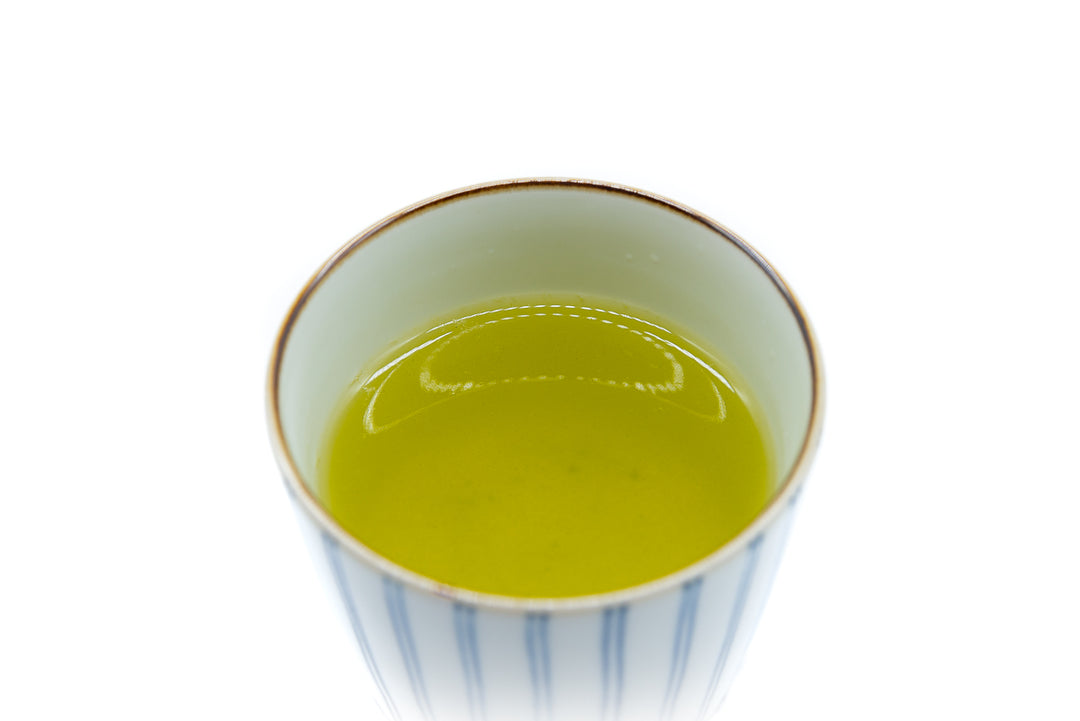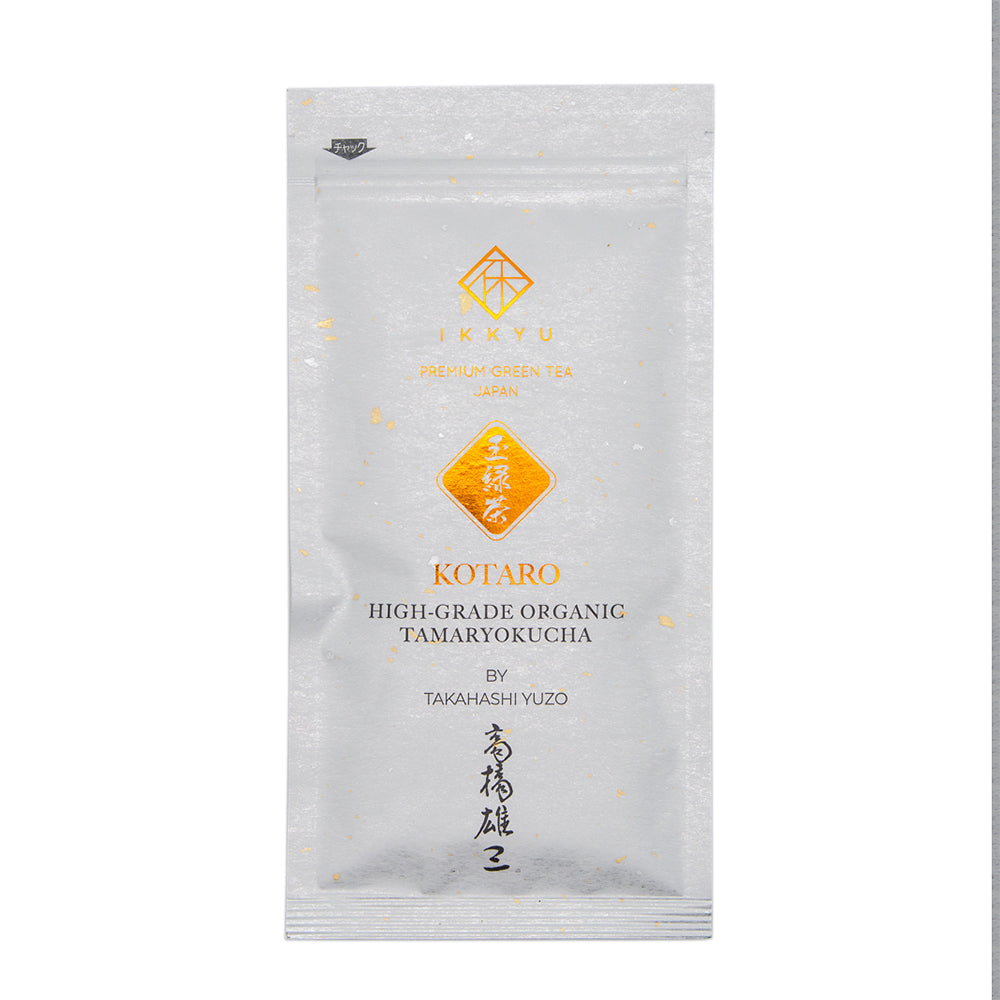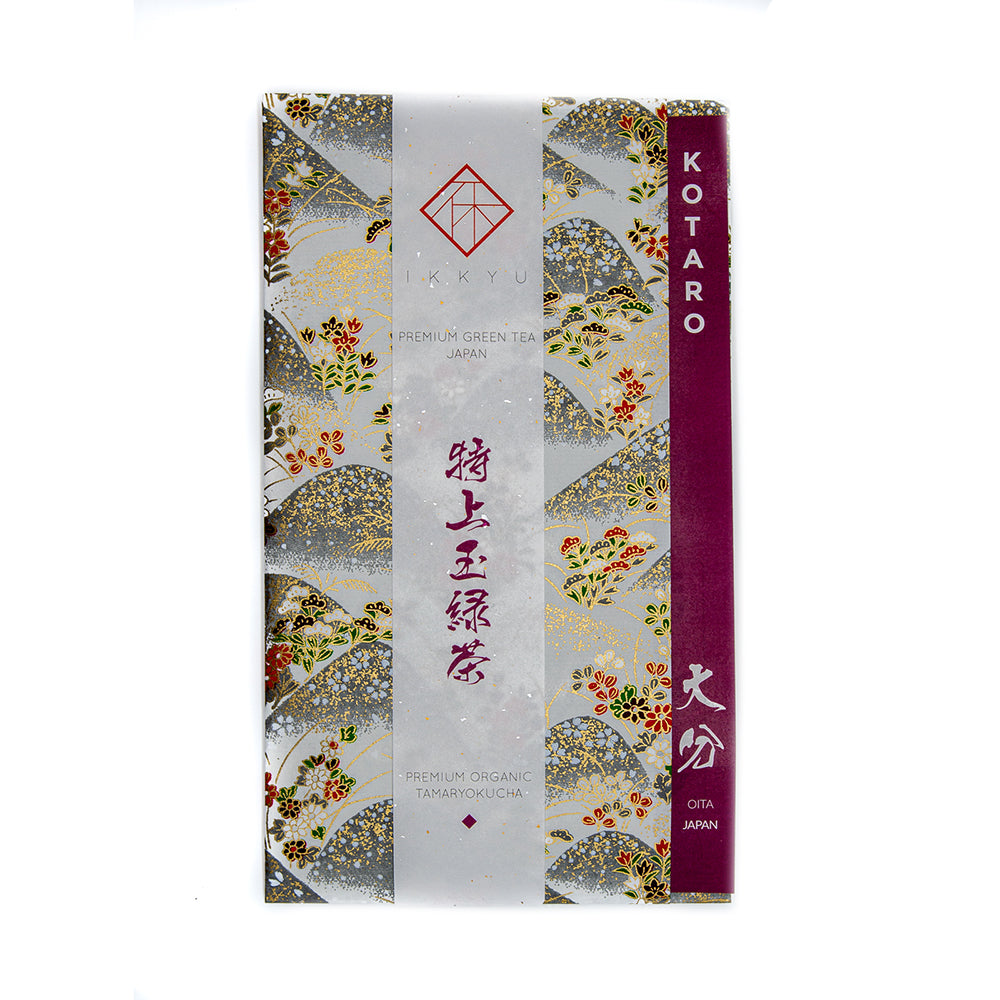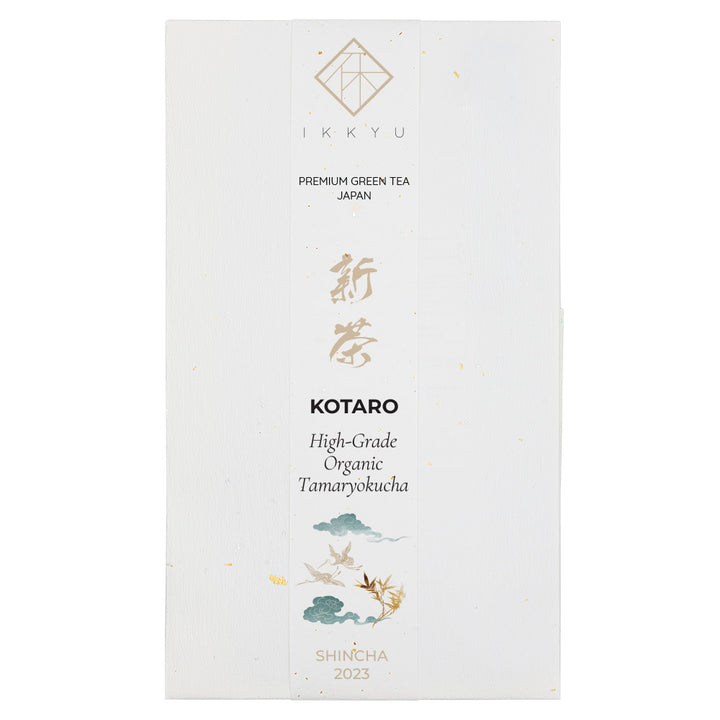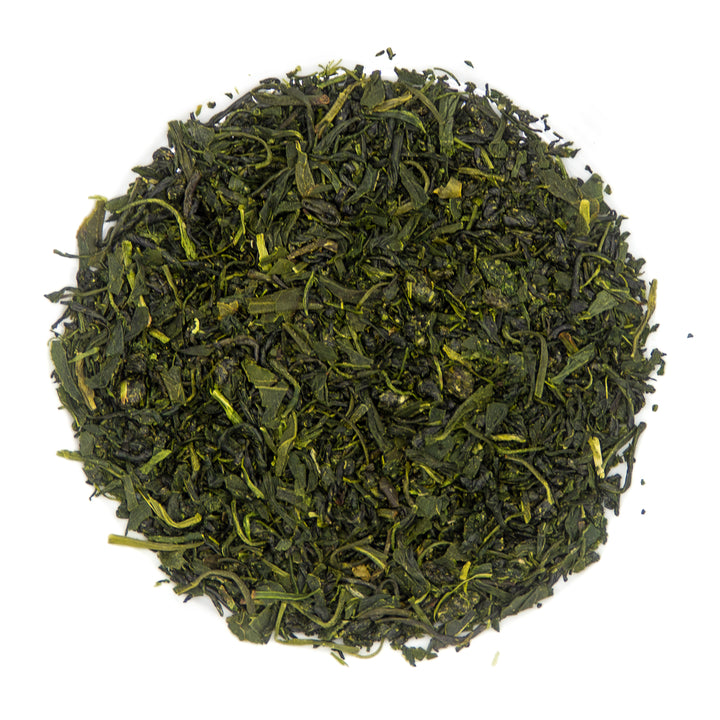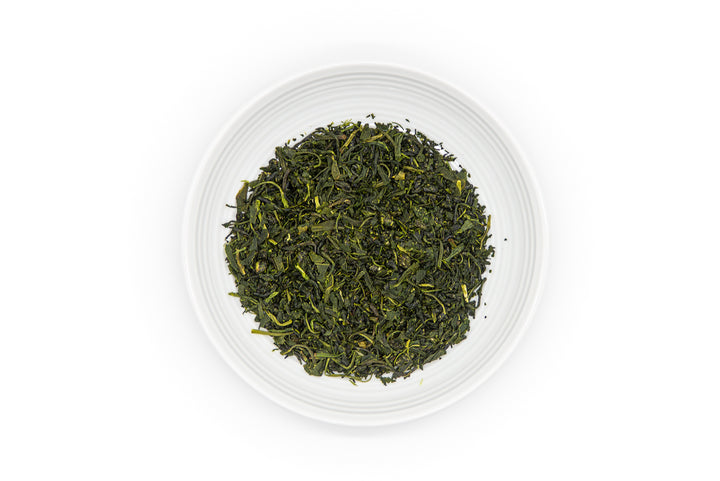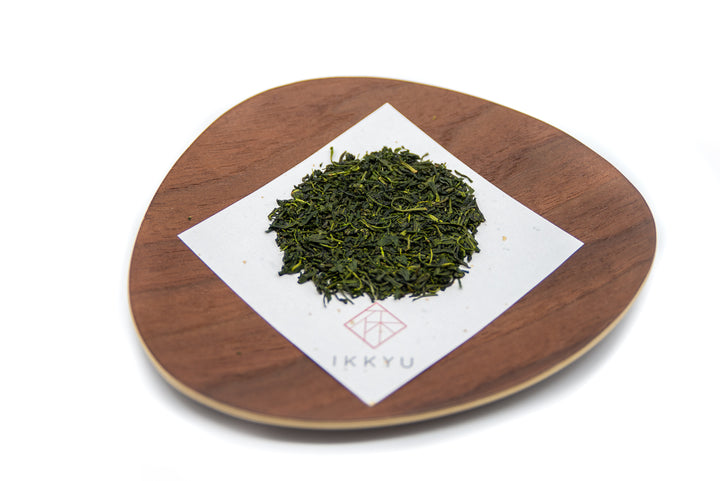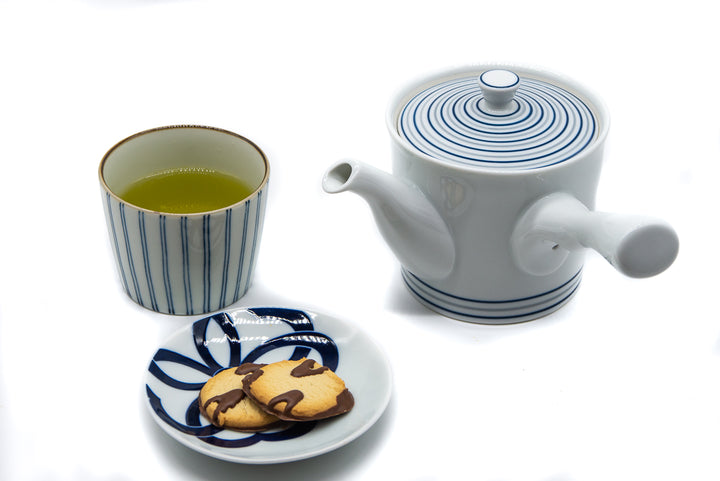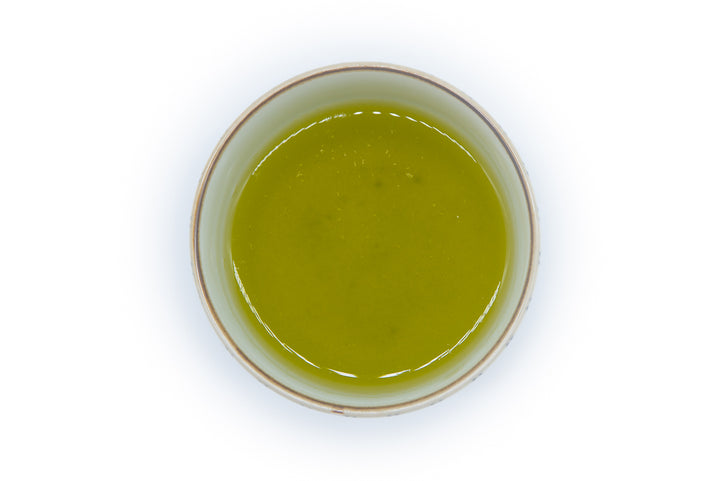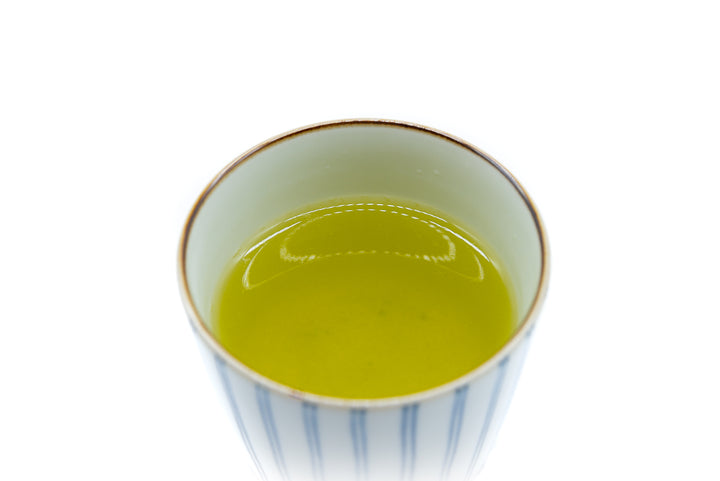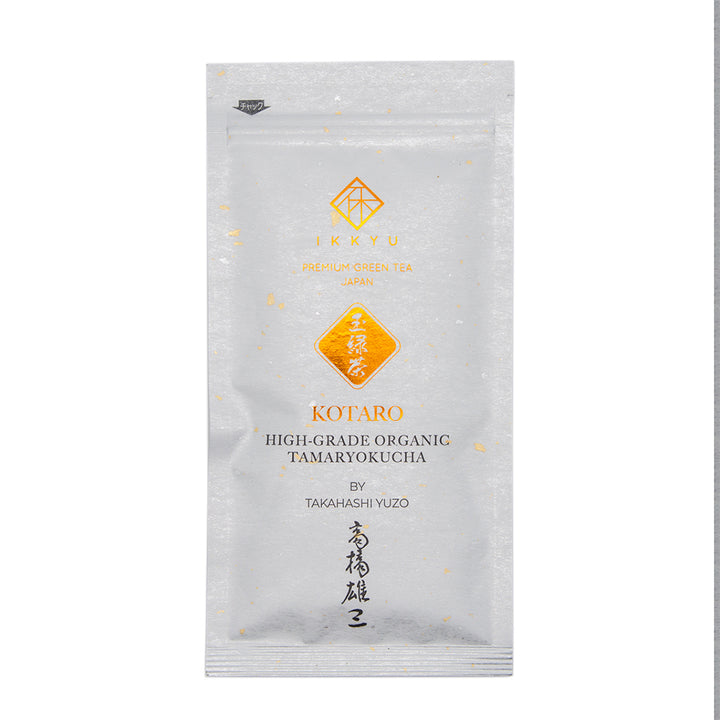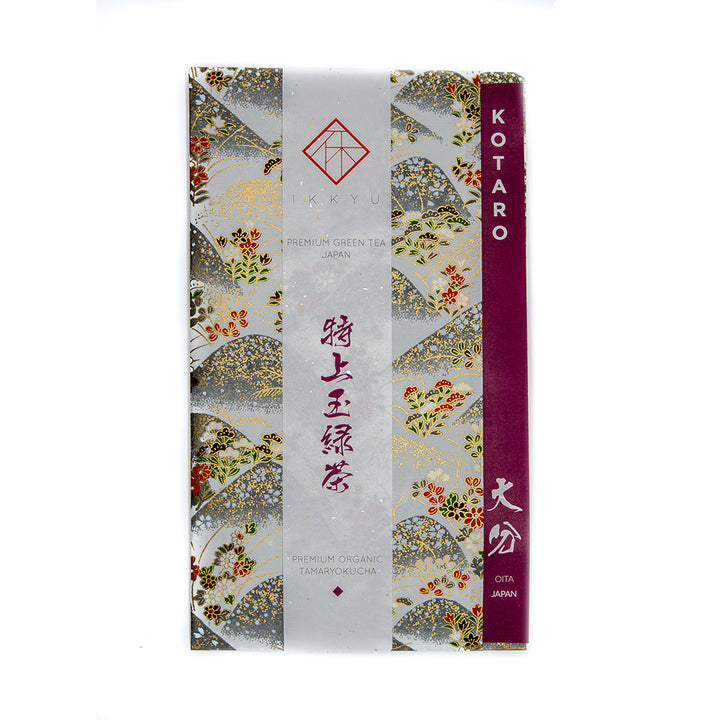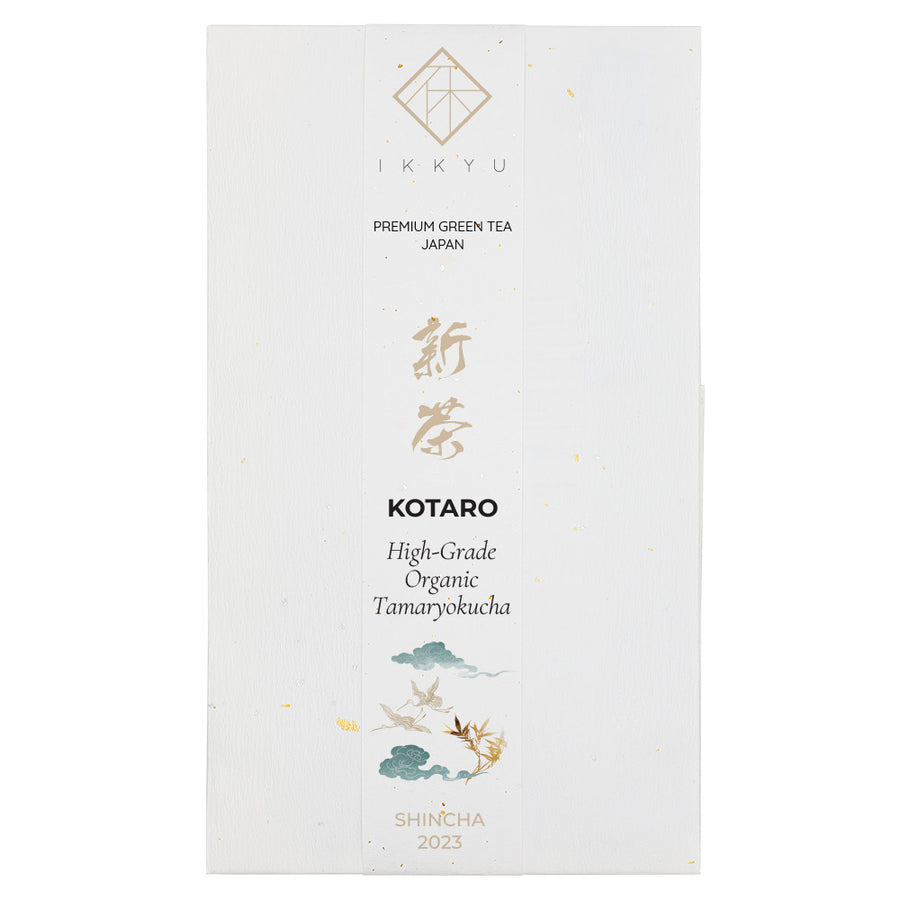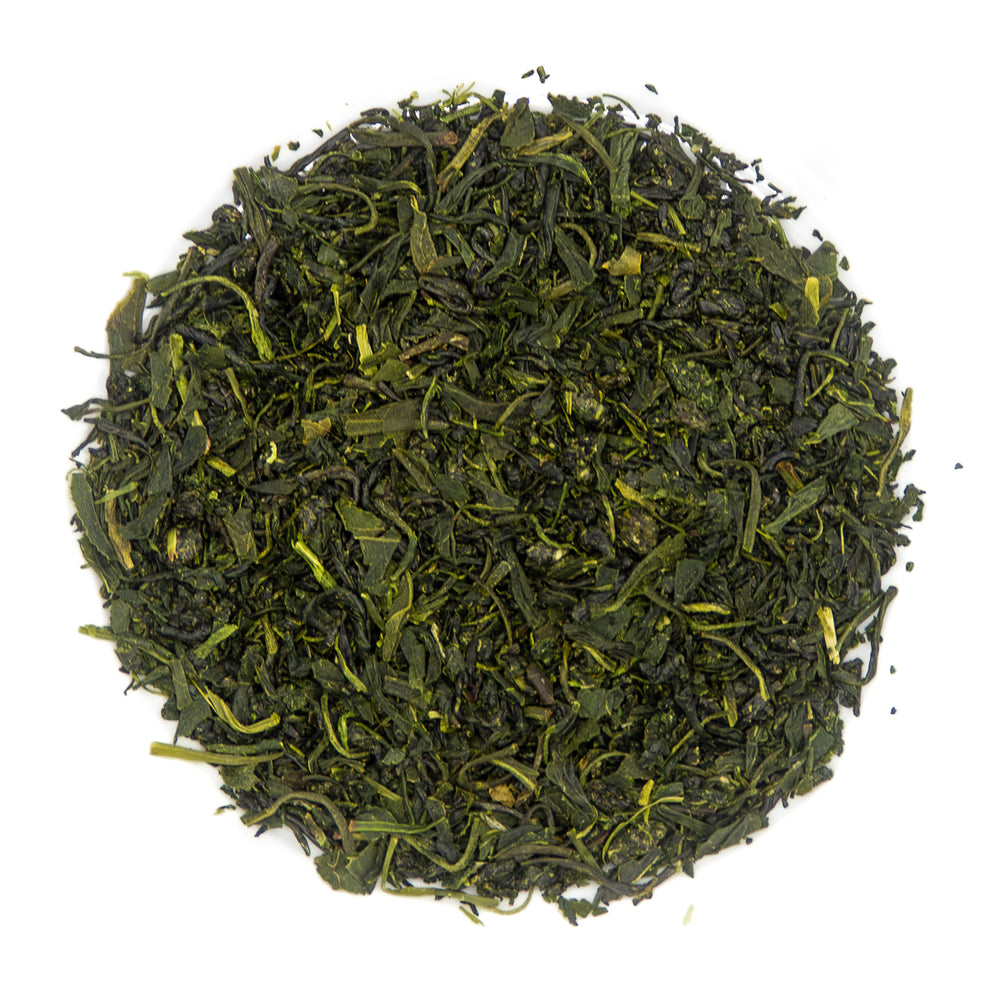
KOTARO
High-Grade Organic Tamaryokucha
Description
2025 first harvest
This high-grade organic fukamushi tamaryokucha comes from the first harvest of the year in May but its leaves are plucked later than for its 'elder brother', KOJI, and are therefore more mature.
We enjoy the fruity and sweet aroma that greets you as soon as you open the bag. A blend of yabukita and several other cultivars, KOTARO is a tea that you can drink throughout the day thanks to its low caffeine levels.
Once brewed, this tamaryokucha is sweet, with no bitterness, and packed with aroma. Its umami is subtle but unmistakable and leaves a full and round feeling in your mouth. Ready in less than a minute with 80C-degree water, KOTARO is very easy and quick to prepare.
Information
Net Weight: 50gHarvest: 2025Origin: 100% Japanese tea from OitaQuality and type: High-Grade Tamaryokucha Organic: Yes JASCultivars: Yabukita Conservation: 1 year unopened Optimal tasting: within 6 weeks after openingBrewing Instructions
| Tea for 2 8g / 0.28 oz |
| Water200ml / ~6.76 fl oz |
| Temperature80C / 176F |
| Time30s |
Tasting Guide
Aromatic Profiles

BODY
FLORAL

VEGETAL


ROASTED
NUTTY
WOODY


TAKAHASHI YUZO
Established in 1963, the Takahashi green tea factory is located in Usuki (Oita pref., Eastern Kyushu) and produces organic green tea since 2001. It was the first green tea farm in Oita to receive the organic JAS certification in 2001.
Takahashi san is now the second generation of his family to lead his business and is specialized in tamaryokucha, a green tea known for its jade color (tama), quite similar to sencha, but whose leaves have a curly shape, and not needle-like. The very last stage of the processing method is different: the tea leaves are put inside drums and dried with hot air.
